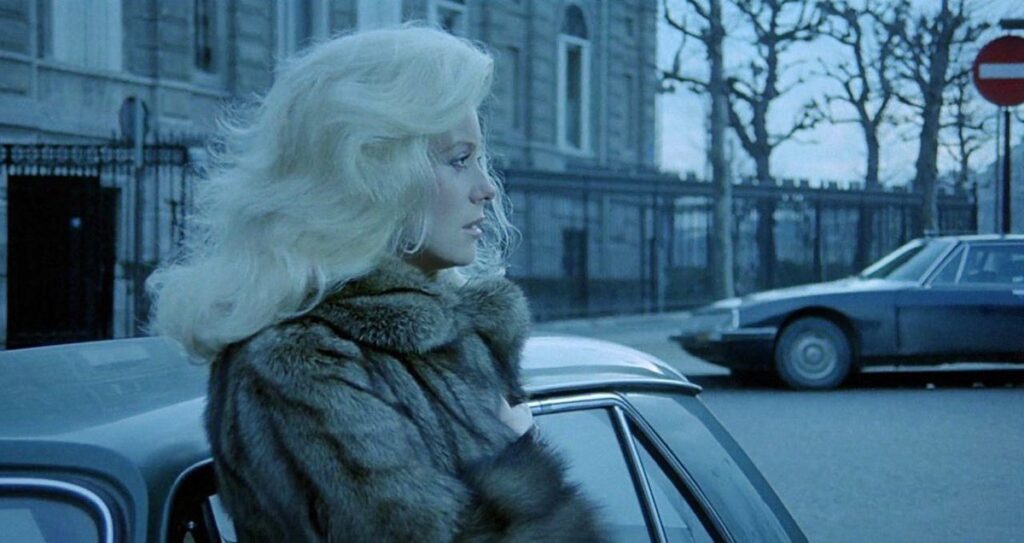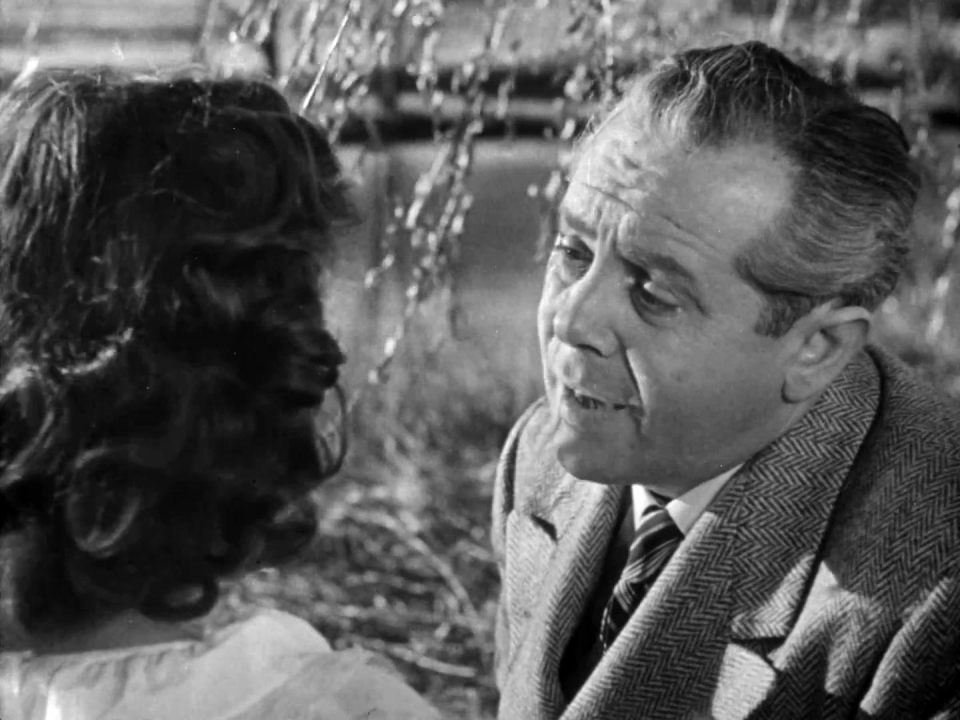Classic Film: Un Flic
Written by Ian Thomas Malone, Posted in Blog, Movie Reviews, Pop Culture
Jean-Pierre Melville’s final film is a tough nut to crack. There are parts of Un Flic that feel oddly undeveloped, the product of a director less concerned with plot than the broader themes the narrative spends its time exploring. For a master of the medium, sometimes that’s okay.
The narrative follows a robbery and its aftermath. Simon (Richard Crenna) leads the gang in their efforts to carry out of their thievery while Detective Coleman (Alain Delon) works the case. At the center of their feud is Cathy (Catherine Deneuve), Simon’s mistress who flirts with Coleman. The story and character relationships often exist on two different planes, simultaneously distant and intimate.
The film’s great triumph is a lengthy heist sequence in the second half, where Simon boards a train via helicopter to rob a rival gang of their heroin. Melville pulls off a fantastic technical feat for a film made in 1972, using minimal dialogue while maintaining an intense level of suspense. For a director making his last feature, Un Flic would be worth a watch just for the craftsmanship.
While the heist sequence is the best part of the film, it does come at a broader cost to the narrative. Stealing heroin from a rival gang has practically nothing to do with Un Flic’s broader story. Taking a twenty-minute detour out of a hundred-minute runtime does hinder the character development quite a bit.
Melville creates a rather interesting dynamic where the film operates largely without a protagonist. Coleman appears too infrequently to fit the bill, a gruff man with practically no personality beyond Delon’s irresistible charm. Simon is sort of like an anti-hero, except Melville doesn’t really provide a reason to root for him.
Some of this is rational is explained through the film’s tagline, “The only feelings mankind has ever inspired in policemen are those of indifference and derision.” Coleman isn’t in pursuit of justice, a man who acts oddly cruel to a transgender woman for no apparent reason. He’s stoic without the obvious desire for justice that drives many detectives in film.
Melville concerns himself with very complex themes in Un Flic while keeping the narrative mostly at the surface. It’s not a particularly deep film, though the kind that’s bound to keep you thinking long after the credits roll. It is not Melville’s best work.
Narratives are tricky beast. There’s only so much time for a director to explore contemplative themes once considerations to story and character are given. Melville skimps on those in Un Flic in favor of headier ambitions. He doesn’t always succeed, but the film is worth watching if only to see a master of the craft at work with his thoughts.












